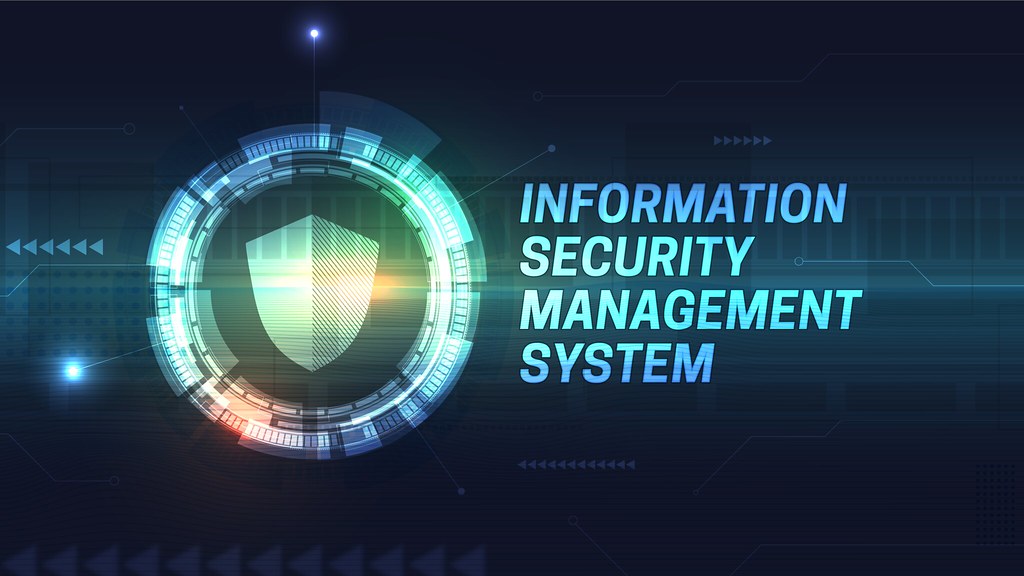Are you concerned about the security of your healthcare organization? In today’s digital era, protecting sensitive data has become more crucial than ever. In this article, we’ll cover everything you need to know about creating a robust security management plan for healthcare organizations.
With new cyber threats emerging every day, it’s essential to have a comprehensive security strategy in place. A security management plan helps you identify potential vulnerabilities, mitigate risks, and protect confidential patient information from unauthorized access or disclosure.
One of the most critical components of an effective security management plan is risk assessment. Identify all potential risks and classify them based on their likelihood and severity. This process enables you to prioritize the most significant risks and allocate resources accordingly.
To ensure maximum protection, implement multiple layers of security controls. Firewalls, intrusion detection systems, antivirus software, and access controls are all vital components of a strong security framework. Use different combinations of these tools to secure your perimeter, network, and endpoints.
Training your employees on security awareness is another crucial aspect of your security management plan. Educate them on the potential risks and how to recognize and report security incidents. Create and enforce security policies that align with industry standards and regulatory requirements.
Regular auditing and testing also help identify potential vulnerabilities in your security system. Penetration testing and vulnerability assessments enable you to identify gaps in your security posture and take corrective action.
Importance of security management plan for healthcare organizations
Healthcare organizations are prime targets for cyber attacks due to the sensitive nature of patient data and the value it holds for criminals. In recent years, there have been numerous high-profile data breaches in the healthcare sector, leading to a growing concern about the security of personal health information.
A comprehensive security management plan is critical for healthcare organizations to protect patient data from cyber threats. Such a plan should include risk assessments, policies and procedures, training and awareness programs, incident response plans, and regular testing and audits. Implementing a security management plan not only helps to prevent breaches but also ensures compliance with laws and regulations related to healthcare data privacy and security.
Components of an effective security management plan
An effective security management plan includes several key components. These include:
Risk assessments: Identifying and assessing potential risks to patient data, such as system vulnerabilities, unauthorized access, and human error.
Policies and procedures: Developing clear guidelines for accessing, handling, and sharing patient data, as well as protocols for incident response and disaster recovery.
Training and awareness programs: Educating employees on cybersecurity best practices, such as password management and phishing awareness.
Incident response plans: Preparing for and responding to security incidents, including steps for containment, investigation, and notification of affected parties.
Testing and audits: Regularly testing systems and conducting audits to ensure that security measures are effective and compliant with regulations.
Challenges in implementing a security management plan for healthcare organizations
While implementing a security management plan is critical for healthcare organizations, it can also present challenges. Some of these challenges include:
Cost: Implementing comprehensive security measures can be expensive, particularly for smaller healthcare organizations with limited budgets.
Complexity: Healthcare systems can be complex, with multiple stakeholders and systems that need to be secured.
Resistance to change: Employees may be resistant to change or may not fully understand the importance of cybersecurity measures.
Regulatory compliance: Healthcare organizations must comply with a range of regulations related to data privacy and security, which can add complexity to security management planning.
Despite these challenges, it is essential for healthcare organizations to implement a comprehensive security management plan to protect patient data from cyber threats. By prioritizing cybersecurity and investing in the necessary resources, healthcare organizations can help ensure the confidentiality, integrity, and availability of patient data, while also safeguarding their own reputation and financial stability.
